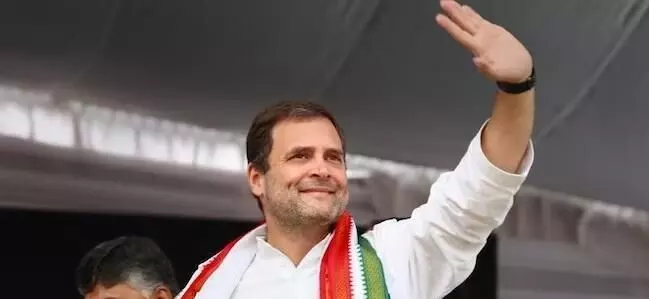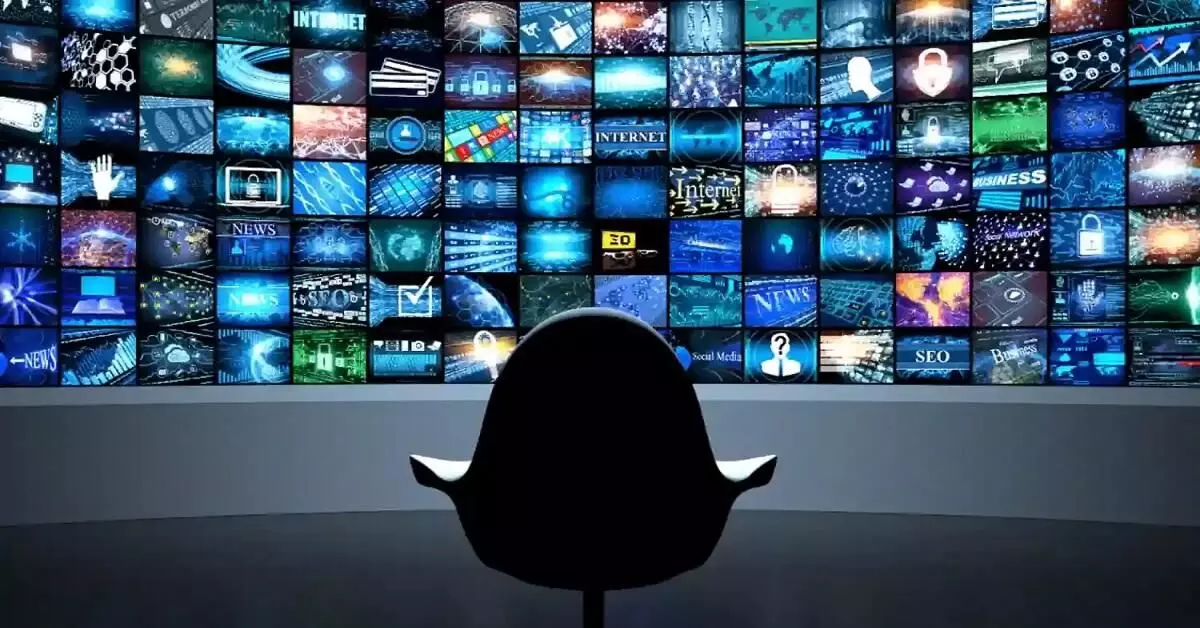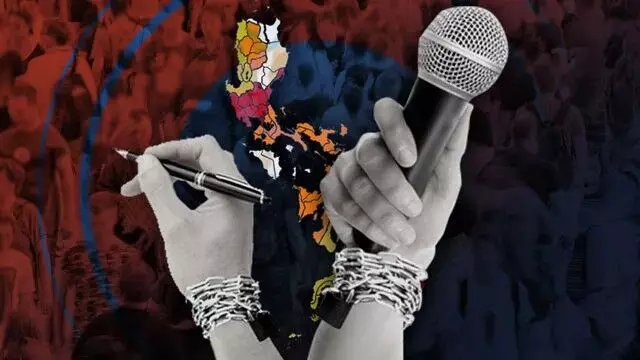
When opinion ban extends to digital platforms
text_fieldsThe Broadcast Services (Regulation) Bill, which the Union government is set to present in Parliament soon, has raised new concerns about freedom of expression and media freedom. The second draft of the bill, prepared last November, is currently under consideration. The initial draft faced opposition from various quarters, including the media sector, when it was put up for public discussion. It has been assessed that the bill grants excessive power to the government in the news, entertainment, and broadcasting sectors of the country, potentially restricting media freedom. The updated draft is now causing concern. The new bill ensures the Union government's control over opinions and discussions on social media platforms and online platforms like YouTube.
The law includes all these platforms, including OTT, under the category of 'news broadcasters.' It subjects not only videos, audio, audiovisual content, and images but also written content (text) in the media to regulation. In response to a question raised by Jawahar Sarkar in the Rajya Sabha, based on a report published by the ‘Hindustan Times,’ Minister Ashwini Vaishnaw's reply has only added to the ambiguity and mystery. The Minister stated that the bill is still being prepared, consultations are ongoing with stakeholders who will be affected by the law, and the bill has been made available to the public to gather opinions. However, the fact is that it is not available to the public. The most important stakeholders with whom the government is consulting are YouTubers and others who actively post content on digital platforms. The general public, who pays attention to these content creators, is the primary one affected by this legislation. These individuals are not included in the consultations, nor do they have any information about the updated language of the bill.
Even those invited for discussion are directed to go to Shastri Bhavan to obtain a copy of the draft, and it is provided only if they sign a confidentiality agreement. How can it be said that the bill is "available to the public" when it is shared in such secrecy only with selected individuals? In the last election, while major national media outlets displayed excessive deference to the government and tried to divert public discussions, it was social media activists, including some YouTubers, who brought important public issues into the public domain and restored the democratic and participatory nature of the election. Their role in shaping the direction of election debates was significant. The 2024 Lok Sabha election has been called as the "first YouTube election" because social media activists played a crucial role in bringing public issues to the forefront. True democratic supporters should welcome such engagement with public discourse. However, with the government exerting control over traditional media, social media has become the lens through which the authorities are scrutinized.
The BBC documentary on Narendra Modi's role in the Gujarat riots is an example of this issue. Despite the government's attempts to ban the documentary, it gained significant attention and dissemination through social media. The documentary's factual content, including detailed evidence and analysis, was widely circulated, and social media platforms played a key role in this process. In contrast, government-controlled traditional media and other regulatory measures became less relevant in the face of this widespread online discourse. In reality, the government's restrictions through regulations limit the opportunities for the public to access information. The existing laws are adequate to address the social evils that the new legislation aims to tackle now. Although most of the ill content that had originated and circulated on social media was from government-supported channels - no appropriate action against them has been taken.
 Also Read:Editors Guild writes to Rahul Gandhi asking him to advocate for press freedom
Also Read:Editors Guild writes to Rahul Gandhi asking him to advocate for press freedom
Currently, the new law is expected to facilitate the censorship of social media content and encourage platform operators to self-censor it. For a country already sliding down in media freedom rankings, this will be another setback. Reports indicate that the new draft of the law will soon be presented to the Cabinet for consideration. The public discussion that should have occurred before the draft was presented to the Cabinet has not yet taken place. The public and key stakeholders have not yet been consulted in discussions regarding the draft. Reports suggest that the new provisions could create an atmosphere of fear and suppress communication by imposing vague definitions and restrictions that may criminalize even the act of expressing opinions freely, thereby stifling dissent and criticism. This is a crucial moment for citizens and democratic supporters to intervene.
























